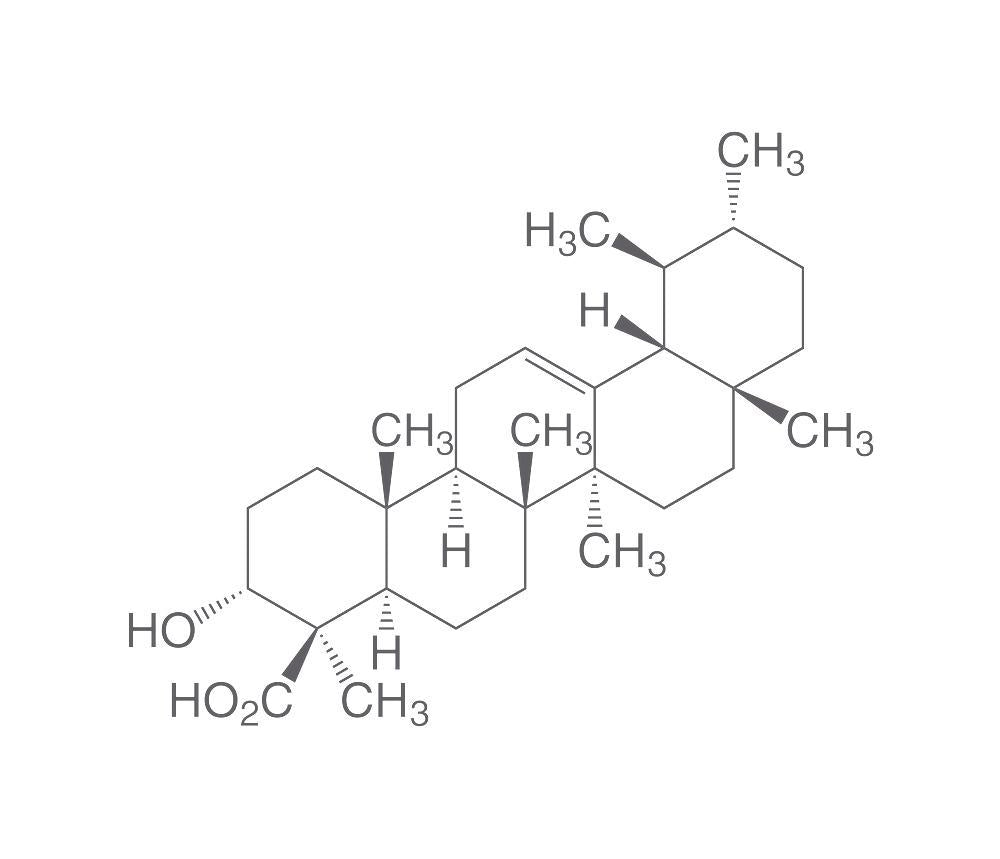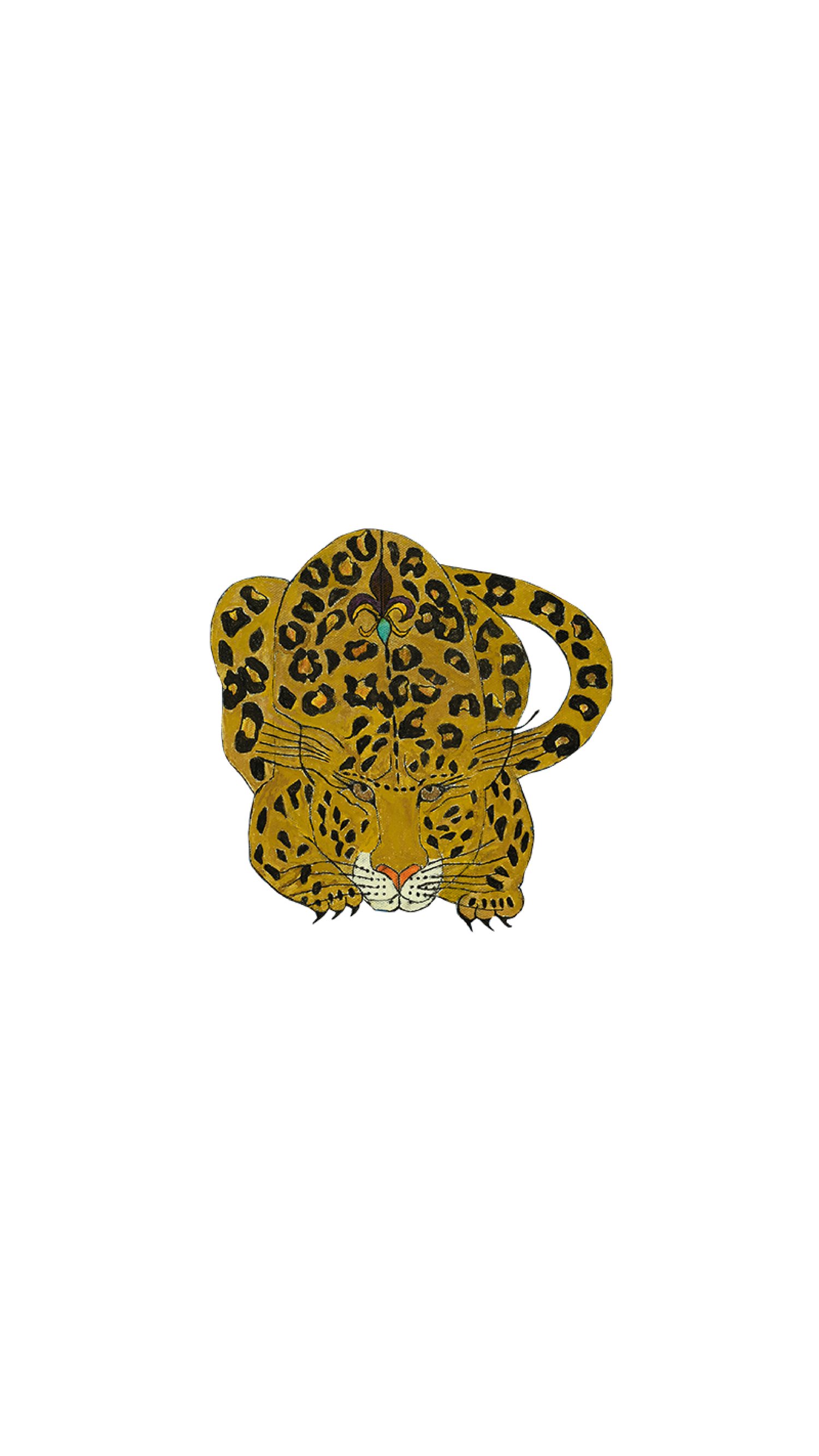
Boswellic Acid
Share
The resin of Boswellia species has been used as incense in religious and cultural ceremonies and in medicines since time immemorial. Boswellia serrata (Salai/Salai guggul), is a moderate to large-sized branching tree of family Burseraceae (Genus Boswellia), which grows in dry mountainous regions of India, Northern Africa, and the Middle East.
Boswellic acid has been used to treat various ailments in different cultures for thousands of years. Aflapin is a novel synergistic product derived from Boswellia gum resin that is a significantly better anti-inflammatory agent compared to the Boswellia extracts presently available on the market. The gum resins from the tropical tree Boswellia have been traditionally orally administered for the treatment of several inflammatory diseases and cancer because of their immunomodulatory and anti-inflammatory properties.
Boswellic acids are the pentacyclic triterpenes with a strong anti-inflammatory line of action with the most important source of Boswellia being Boswellia serrata, a tropical tree that grows in India and Africa. The Boswellia extracts are known to inhibit various metalloproteinases including metalloproteinases 1, 3, 10, and 12 transcriptions in fibroblasts and endothelial cells, especially in regards to metalloproteinase 1, hence playing a potentially pivotal role in preventing the cleavage of dermal fibrillar collagen resulting in dermal damage (Liang et al 2010 21078271).
Boswellia extract has an anti-inflammatory effect that is mediated by the inhibition of TAK/TAB-mediated I kappa B kinase phosphorylation that activates the nuclear factor kappa beta translocation to the nucleus. Boswellia extract also enhances the metabolism of fibroblasts and inhibits leukocyte elastase (Pedretti et a l 2010 19918712t).
Given these beneficial effects not surprisingly one recent study found that 0.5% concentration of Boswellic acid delivered in a neutral cream base could lead to a significant reduction in photoaging of facial skin after 30 days particularly in regards to tactile roughness and fine lines (Calzavara-Pinton P et al 2010 ).
Boswellic extract at 2% has a significant effect on reducing inflammation at sites of breast irradiation following a mastectomy for breast cancer (Togni S et al 2015 25967706+).
